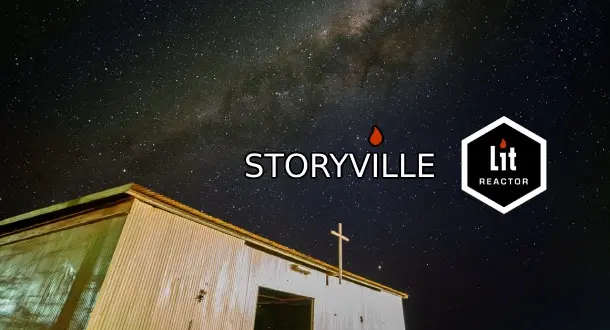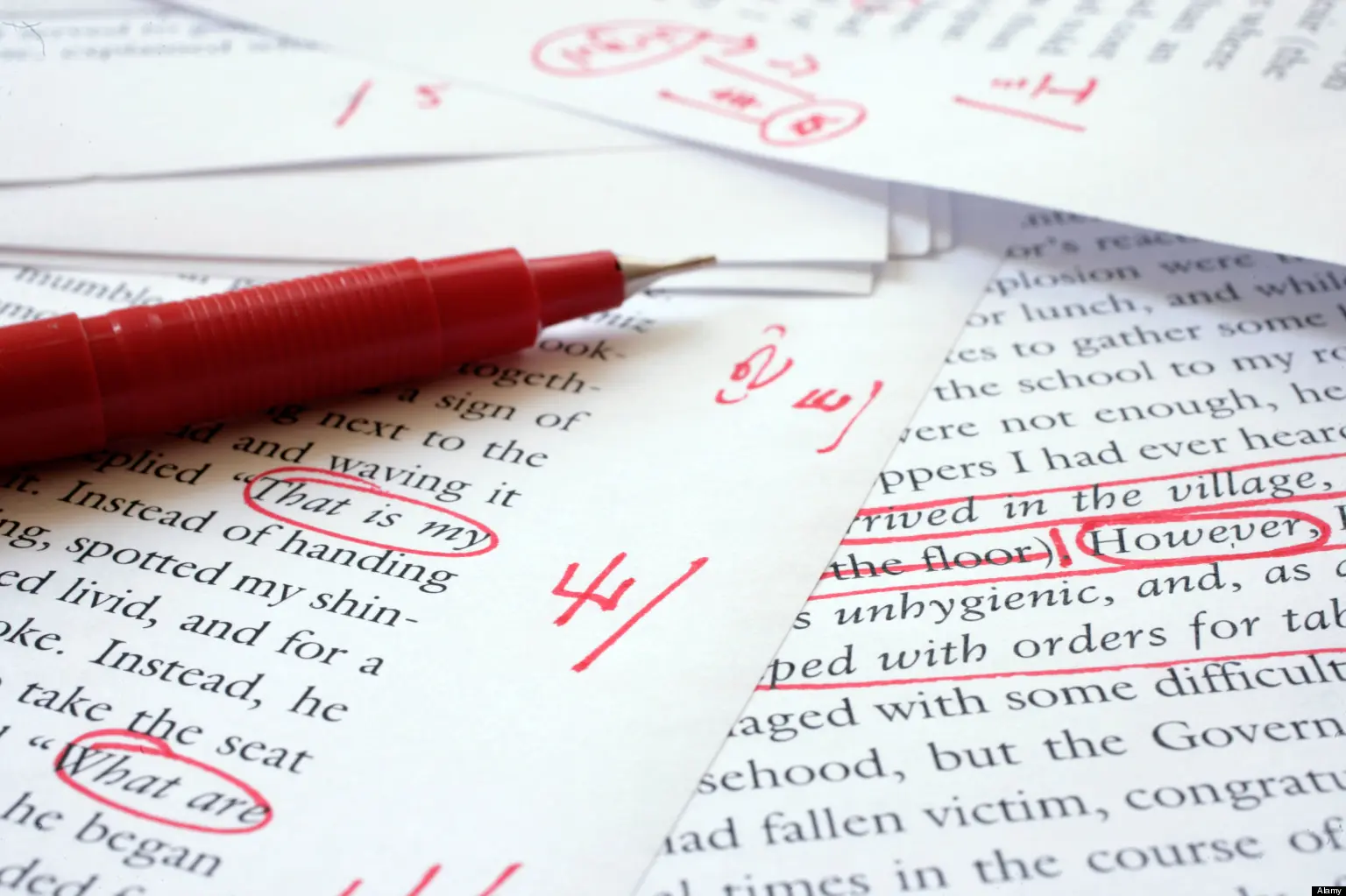Menu
Columns
Showing 3546 Columns
Showing 3546 Columns
October 15th, 2015

*Contains spoilers for the original Goosebumps series, The Stuff, the Rocky saga, and The Sixth Sense.* Inspired by "Every Stephen King Novel Summarized in 140 Characters or Less" by Max Booth III
Read Column →October 14th, 2015

With Halloween fast approaching, our thoughts tend to gravitate toward ghosts, monsters, slasher villains and all the other things that terrify us. In the spirit of the holiday, I’d like to take a look at one of the scariest demons that continues to prey on us in the real world: suicide. Available statistics tell us that it claims a body count of over a million every year, about one every forty seconds, which means at least two people will have ended their own lives before I finish typing this sentence.
Read Column →October 12th, 2015

[WARNING!: Contains spoilers for both The Martian novel and The Martian film]
Read Column →October 12th, 2015

In the age of social media, Google Earth, and everyone’s tendency to add “-gate” to the end of all mistakes, it’s more important than ever to get setting right. Location can be as important to one’s novel as the title or the main character’s backstory—but every now and then, you may need to set your book in a place you don’t know very well.
Read Column →October 9th, 2015

Mark Z. Danielewski’s House of Leaves was released 15 years ago, and in the time since the enigmatic novel has developed a bit of a cult following. Part horror fiction, part academic satire, it is mostly remembered for its ergodic page layout and unconventional style.
Read Column →October 9th, 2015

This October has given us our own horrors to deal with. Another school shooting in Oregon, another day. It's getting harder to scare people, because I think in a lot of ways, people are starting to realize how scary our world can actually be. We're used to fear.
Read Column →October 8th, 2015

Think about how major events happen in your life, and the way those moments ripple outward like a stone tossed into a body of water. What did you see, think and feel? How about the other people at the center of that story? And as your narrative expands, how does that trickle down and affect others? What is the truth in those moments, and how does that change? Today we’re talking about point of view in fiction, perspective, and truth.
Read Column →October 8th, 2015

Clichés and tropes abound in horror movies. No matter what film you go to see on Halloween night, it always seems like something predictable happens at least once: the blonde girl trips while running from the serial killer; the car doesn’t start at the worst possible moment; a group of victims brainstorm the brilliant idea to split up. There are whole lists of faux pas our favorite movies make, even if we enjoy screaming right along with the characters while they’re being committed.
Read Column →October 7th, 2015

It’s no surprise that beginnings are hard. When you finally find your manuscript in the hands of an editor or agent, you want to make the best first impression you possibly can—and fast. A lot of times that means within the first five pages, but focusing on the first five sentences, or even words, of your manuscript can help you get over that hump and make the reader want to move further.
Read Column →October 7th, 2015

Nobody needs a book summary from you. Sorry. You can find a book summary anywhere. There's a whole flap on the cover that summarizes the plot. There's the Amazon description. There's the Goodreads reviews. There's a white bar at the top of every electronic screen where you can type in the title of a book and then see what happens. There are plenty of summary options. We don't need your book summary.
Read Column →Submitting your manuscript?
Professional editors help your manuscript stand out for the right reasons.
